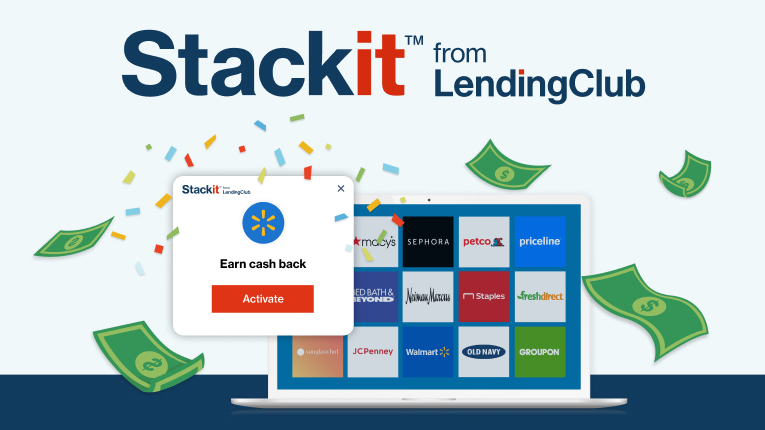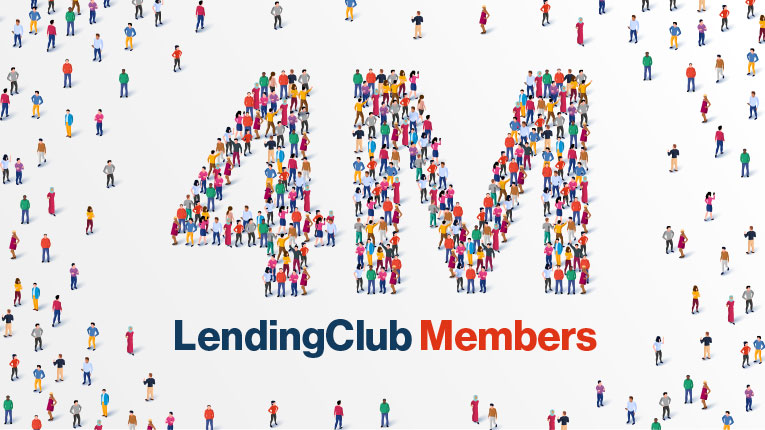How to Opt Out of Black Friday Spending

If it seems like Black Friday promotions are suddenly everywhere, that’s because they are. As the holiday season begins, companies are eager to usher holiday shoppers into their doors with enticing doorbusters and one-day-only steals.
You’d think a pandemic would slow things down. But even as COVID-19 forced retailers to limit in-person shopping in 2020, marketers didn’t miss a chance to push online sales and deals to help fill the gaps. And they mostly succeeded. Despite the number of in-store Black Friday shoppers dropping by 37%, sales during the 2020 holiday shopping season grew 8.3% compared to 2019.
But alongside this flurry of consumerism is a new movement, partly spearheaded by outdoor recreation retailer REI and their #OptOutside campaign. That movement encourages people to do exactly what big business and marketers fear most: don’t shop on Black Friday.
Instead, alternative Black Friday movements like REI’s encourage people to rethink the day’s siren call of consumption. And opt in to time spent with family and loved ones, volunteering, or enjoying time outside in a national or state park.
Want to opt out of Black Friday this year? Take these steps to embrace a new post-holiday tradition that won’t have you reaching for your wallet.
How to Opt Out of Black Friday Shopping Insanity
Sure, you could get up early on Black Friday to rush the doors of a big box store. Or click your way to serious spending online. But maybe this year you should forgo the experience altogether. After all, it’s not really what the holiday season is about.
1. Steer clear of social media.
Social media went from a cute way to share your life with friends to a black hole of targeted (read: creepy) advertisements. And marketers aren’t just better at knowing what you’d like to buy. They’re also good at knowing how to get you to buy, what psychology you’re most likely to fall for, and when you’re most likely to spend. Choosing to limit your time on social media can help you avoid mindless spending during the season of sales. Remember: If you don’t see the deals and avoid the temptation, you’re less likely to fall victim to overspending.
2. #OptOutside with America.
Take your inspiration from the growing #OptOutside movement and get back to nature. Take a hike, clean a park, or just enjoy the fresh air.
3. Visit with family and friends.
Plenty of people enjoy a work holiday or take off Black Friday. Take advantage of the day by planning some quality time with loved ones — particularly if they’re in town just for the long weekend.
4. Start a tradition.
If you’re ready to get festive, channel your energy away from shopping. Get the whole family involved in pulling the holiday decorations out of storage, stringing the lights, and getting the house ready for guests. Prepare to enjoy the magic of the season instead of the buying frenzy.
5. Give back.
Keep the spirit of Thanksgiving going the next day. Take time on Black Friday to lend a hand to by volunteering at a local nonprofit. Match your skills or interests and give your support by stocking a food pantry, spreading cheer at a nursing home, or giving some love to an animal shelter.
6. Opt in to “green” Friday.
Flip this whole day around entirely. Spend the day creating a budget, reviewing your spending habits, or meeting with an investment professional. Just think about how much better you’d feel by contributing to your emergency savings or retirement account instead.
Opting Out of Consumerism All Year Long
Black Friday is just one day. But the money mindset that feeds it, spurred by the high you get from shopping and sales, can still take a toll on your finances throughout the year. Embrace these strategies for wanting and buying less all year.
1. Adopt a mantra.
Create or find an inspirational phrase that grounds you when you’re tempted to spend money on purchases you don’t need. Try these: “Only buy what you need.” “Just because I can buy this, it doesn’t mean I should.” “If I’m spending money I wouldn’t have spent otherwise, it’s not a great deal.”
2. Question your motives.
Will Rogers famously said, “Too many people spend money they haven’t earned to buy things they don’t want to impress people they don’t like.” Look deep and ask yourself why you really want to buy something. Are you trying to keep up with the Joneses? Or is it something you need or truly want?
3. Identify your triggers.
Some people shop when they’re stressed. Or sad. Or bored. Others go wild when they step inside their favorite store. What’s your weakness? How does shopping “fix” those emotions? Explore those feelings and situations that lead to regretful spending. When you spot them in the future, you’ll be able to take proactive steps.
4. Find satisfying emotional alternatives to shopping.
Once you know what emotions and situations are driving you to impulse spending, look for replacement activities that meet those needs. Shopping to de-stress? Try some financial self-care instead. Buying when you’re bored? Call up an old friend, take up a new hobby, or find inexpensive ways to stay healthy.
5. Challenge yourself.
Could you get through the weekend with zero spending? What about a whole week? Set a no-spend goal for yourself that’s a bit of a stretch. Give yourself a (free!) reward when you hit that goal.
6. Find your tribe.
The massive popularity of the #OptOutside movement proves it. Millions of people want to ditch consumerism, avoid overspending, and live well without unnecessary debt. So band together with some of those like-minded people for support. Find a Meetup in your area, join an online community, or create a club that’s all your own.
7. Embrace gratitude and charity.
When you find yourself believing that more is better, take a moment to embrace what you already have. And consider the charitable causes that touch your heart. With further reflection, you might choose to give that money or your time to an organization that supports those in need. Even better, you’ll feed your soul in a way that buying never can.
You Didn't Shop on Black Friday. Now What?
When you choose to opt out of Black Friday (or, not fall for clever deals and sales throughout the year), you not only get to avoid overbuying —which has been linked to both debt and mental health problems—you can also put your money to work for you. For example, you can save more for your emergency fund, put the cash you would’ve spent in a high yield savings account, or pay down debt.
We’re All In This Together
This Black Friday, instead of swiping plastic, adding items to carts, and adding debt, join us in opting out of overspending and consumerism. With the right tools, you can gain better control over your habits throughout the entire year.
You May Also Like










